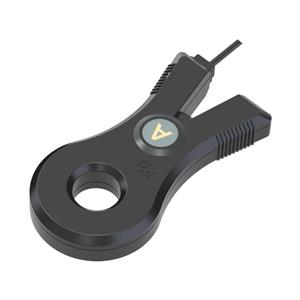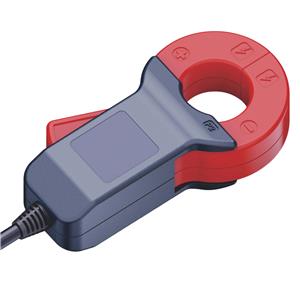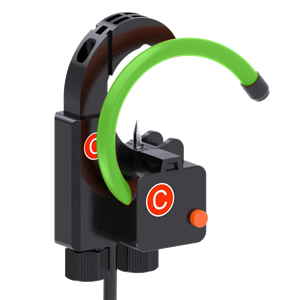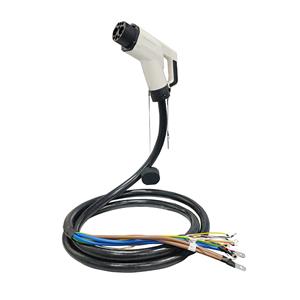Understanding the noise level of precision resistors: How to choose the most suitable component for you
Precision resistors are essential components in electronic circuits, and their noise performance directly affects the overall operation of the circuit. This article will explain in detail the sources of noise in precision resistors, the factors that affect noise levels, and how to choose the most suitable low noise precision resistor for you. Understanding these knowledge can help you make better choices and improve the stability and reliability of circuits when designing them.
The noise of precision resistors usually comes from two aspects: thermal noise and 1/f noise. Thermal noise is related to the resistance value of the resistor, while 1/f noise is related to the material and structure. In general, the noise level of precision resistors is within the rated voltage range of 10-6 to 10-3. However, it should be noted that different types of precision resistors may have significant differences in their noise levels under the same conditions.
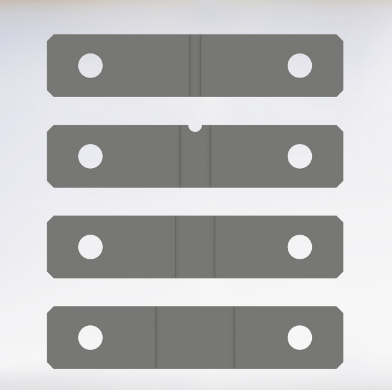
The key factors affecting the noise level of precision resistors are:
1. Resistor material: Different materials exhibit varying degrees of noise performance. For example, the 1/f noise of carbon film resistors is relatively high, while the noise level of metal film resistors is lower.
2. Resistance value: The resistance value of a resistor can also affect the noise level. Normally, the higher the resistance, the higher the noise. When selecting high resistance precision resistors, special attention should be paid to their noise parameters.
3. Frequency: Frequency is another important factor. Usually, the noise of precision resistors increases with increasing frequency. When designing high-frequency circuits, it is necessary to carefully choose low-noise resistors to ensure circuit performance.
4. Environmental factors: Changes in temperature and humidity can also affect the noise of precision resistors. Some high specification resistors are specially designed to maintain stable noise levels in harsh environments.
How to choose a low noise precision resistor?
1. Understanding circuit requirements: Clarifying the performance requirements and working environment of the circuit is the key to selecting a suitable resistor. According to specific needs, focus on low noise resistors.
2. Accurate value selection: Consider choosing a resistor manufacturer that provides accurate value selection services. Accurately selected resistors can reduce the generation of unnecessary noise in circuits.
3. Material considerations: Metal film resistors are preferred as they have good noise performance. In special application scenarios, products made of special materials such as lead-free or high-precision resistors can be selected.
4. Team collaboration: Work closely with circuit engineers and designers to comprehensively consider circuit design and component selection. Ensure that the resistor meets the systematic noise requirements.
SEO keywords:
Precision resistor
Resistor noise
Low noise precise resistor selection
Resistor materials and noise
Circuit noise control

